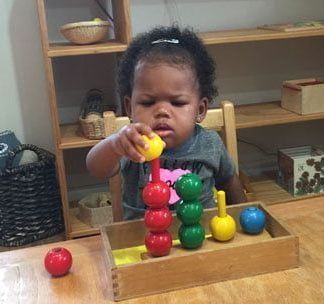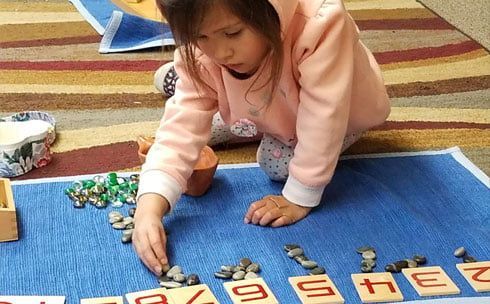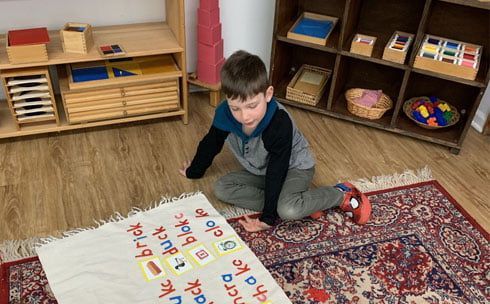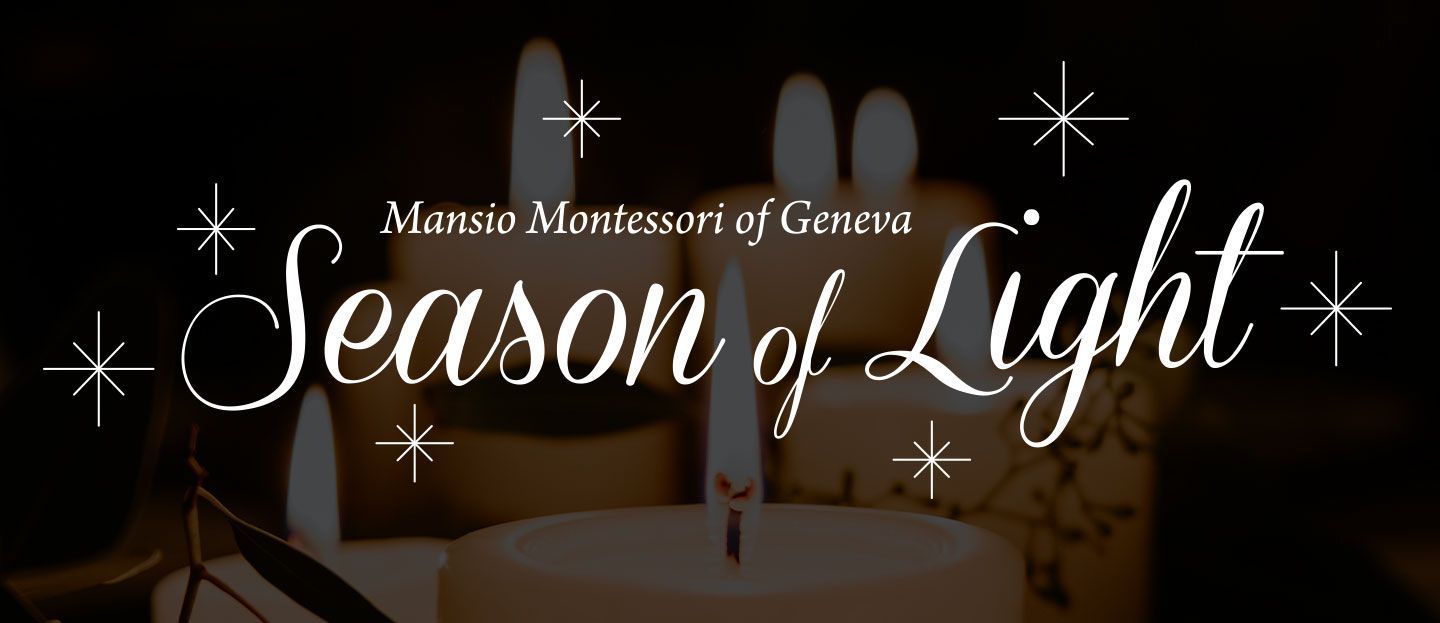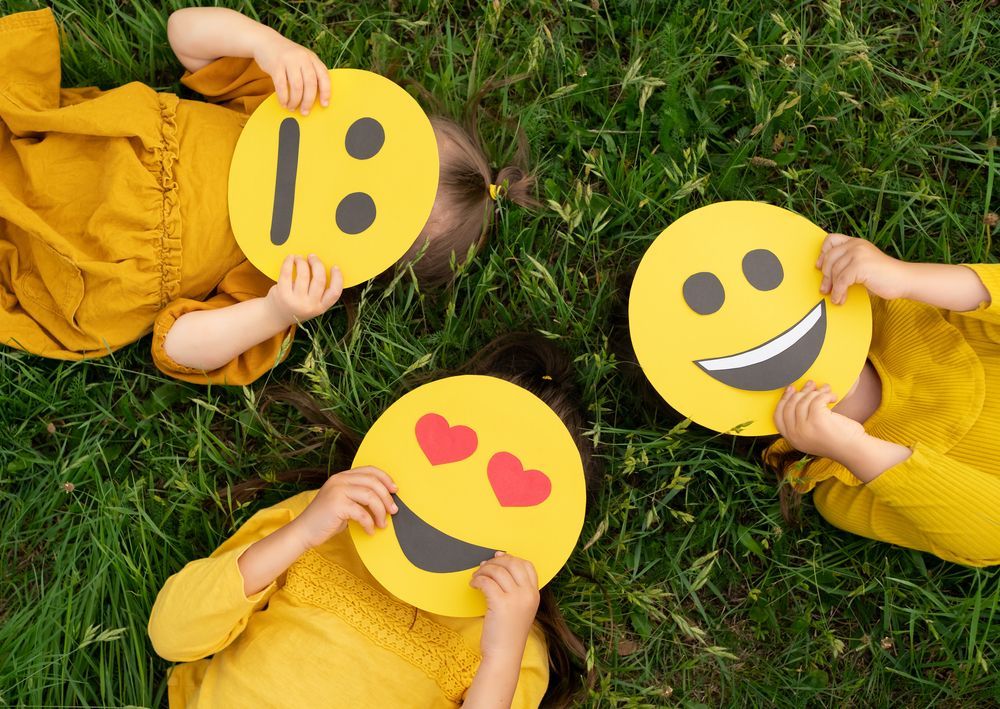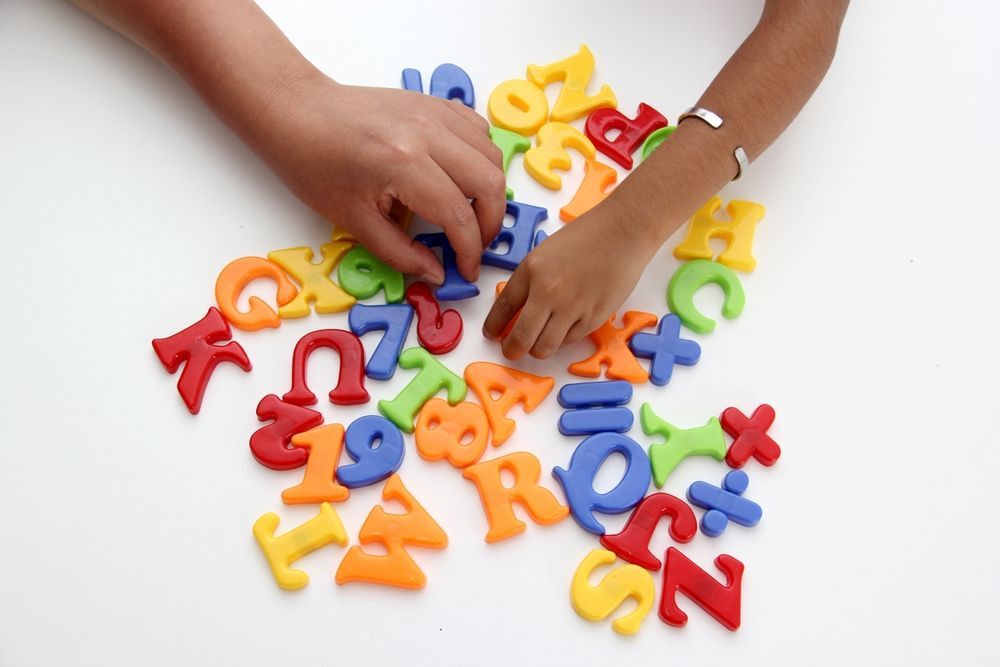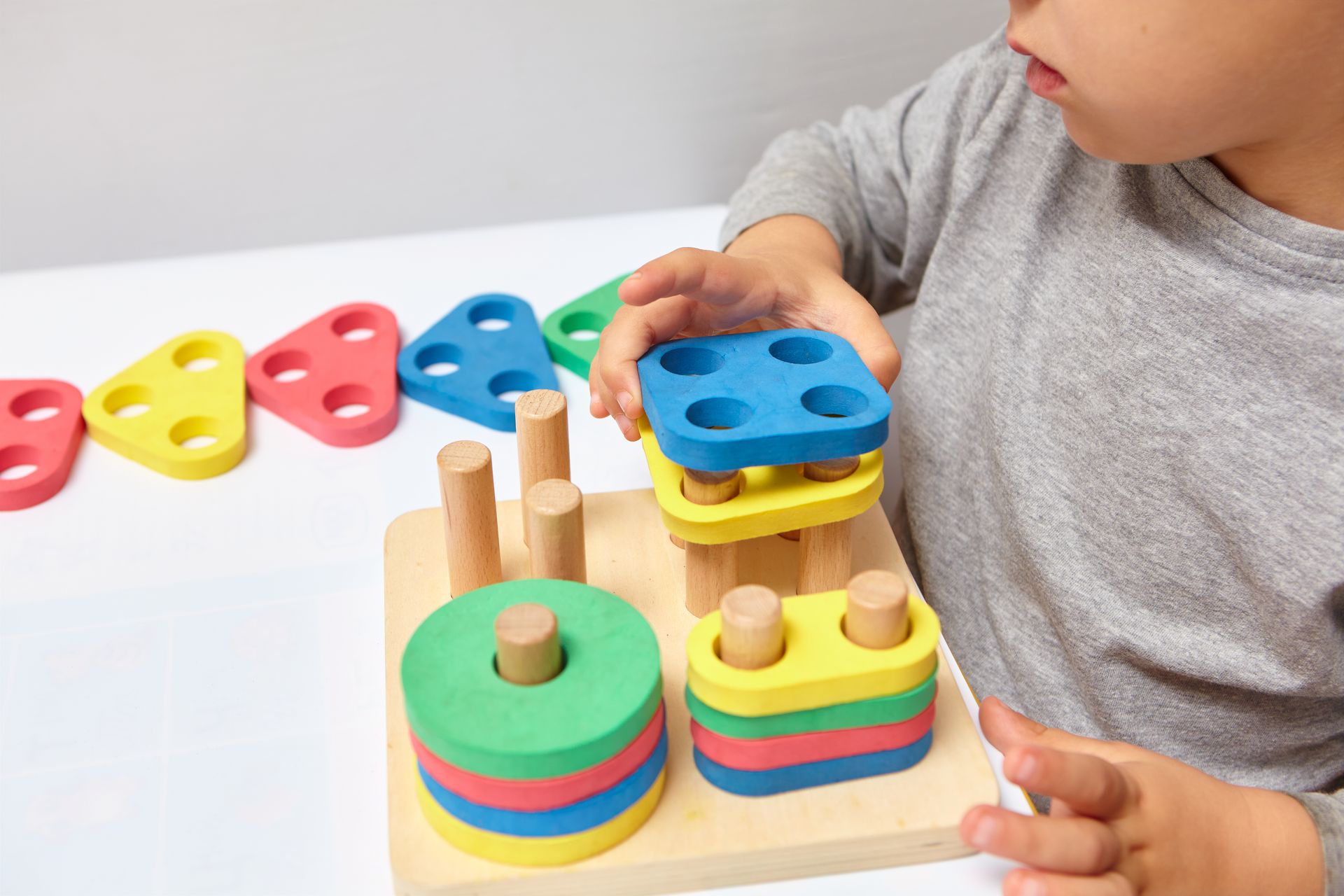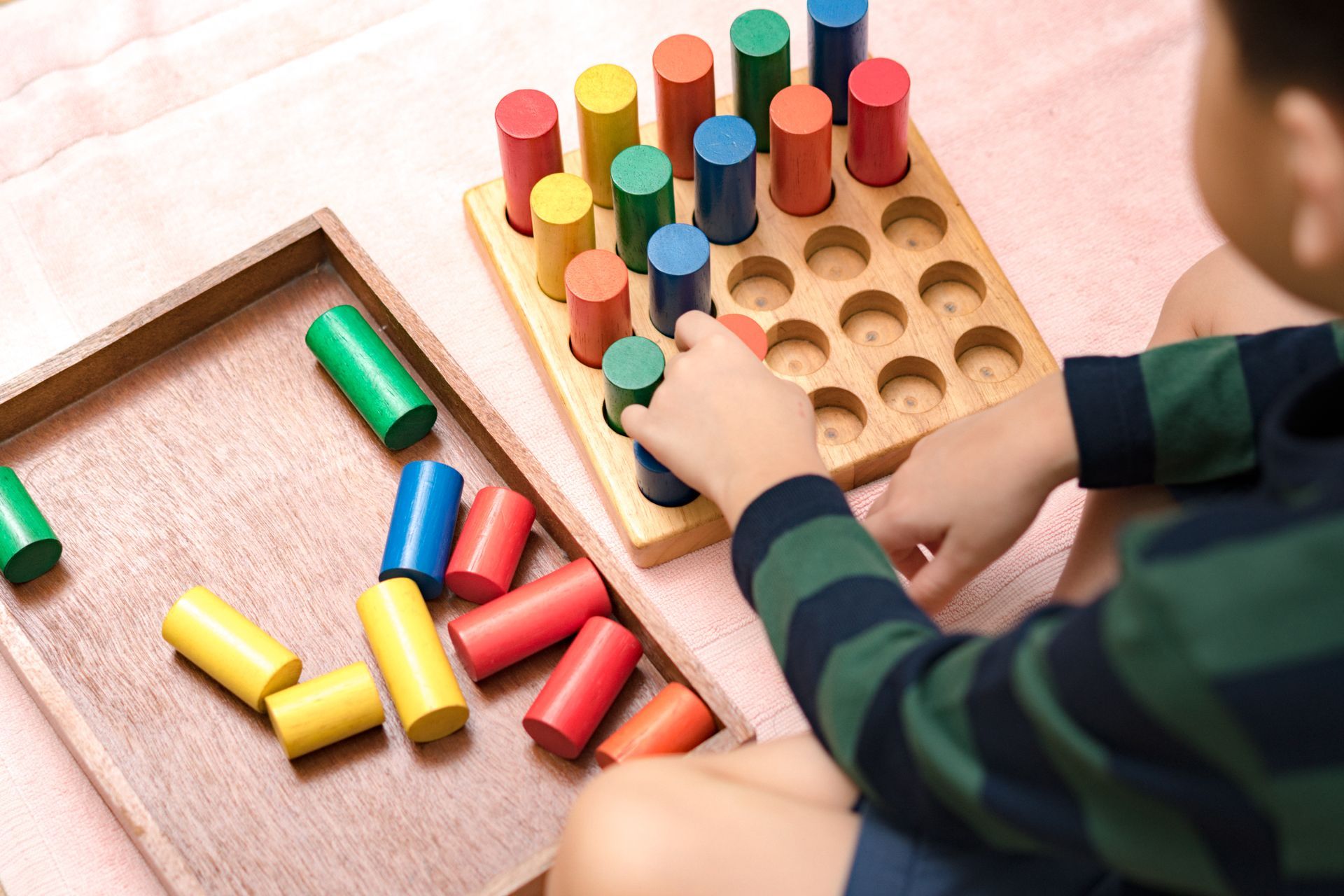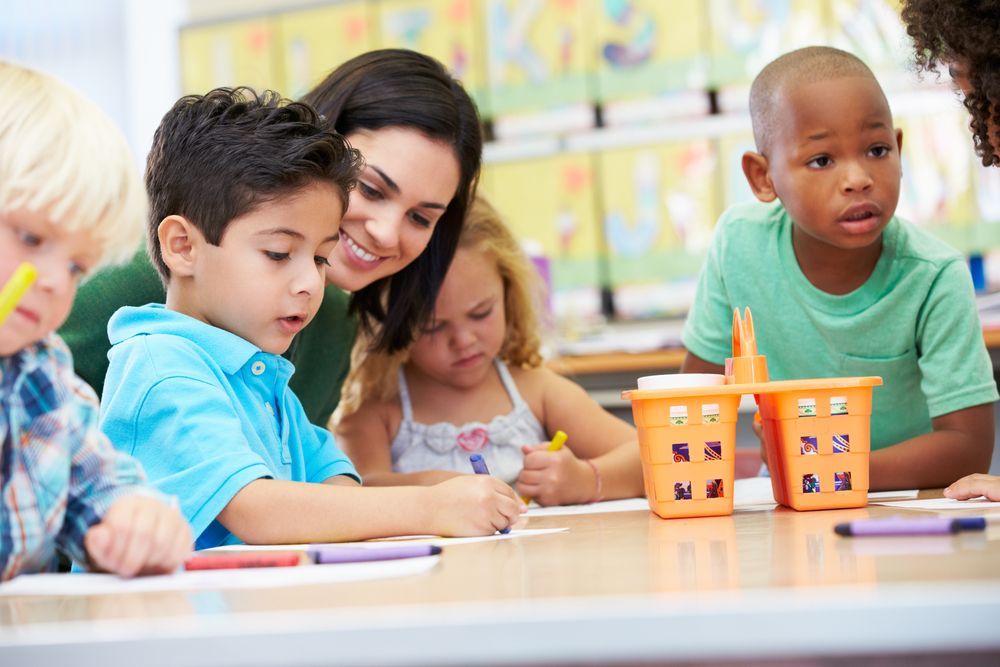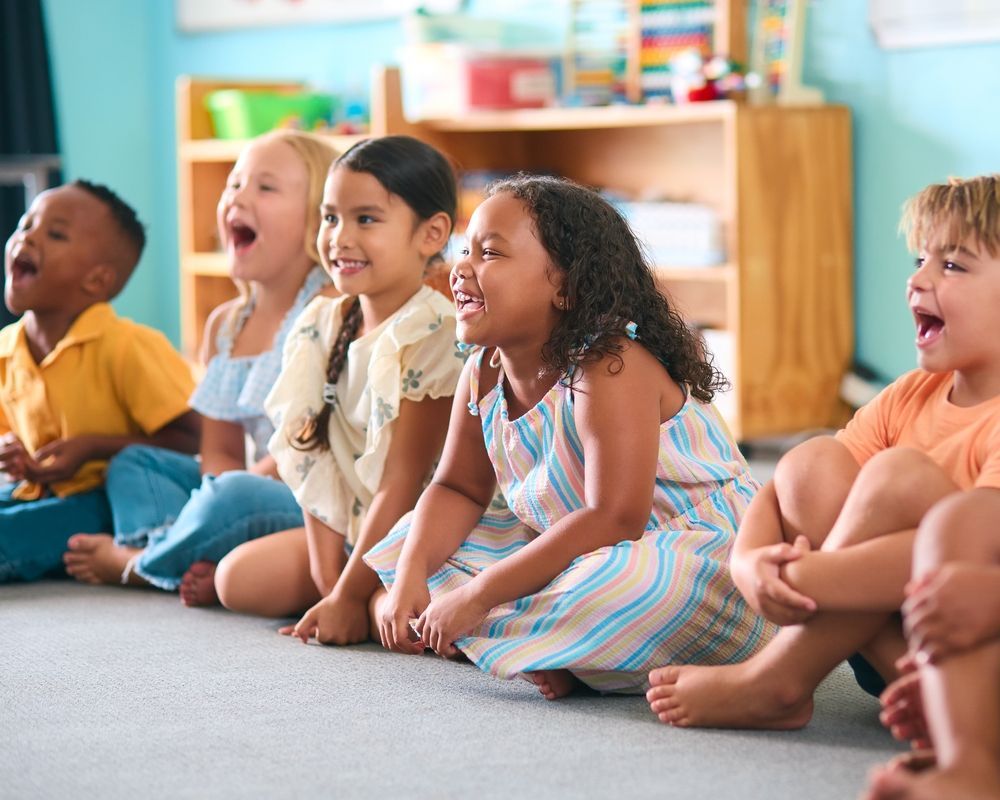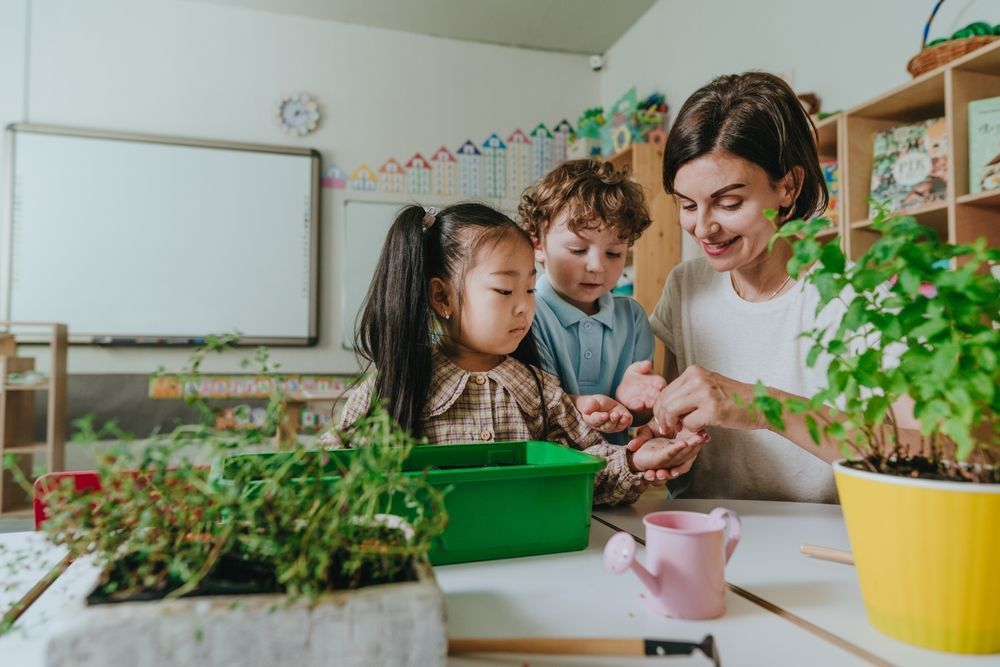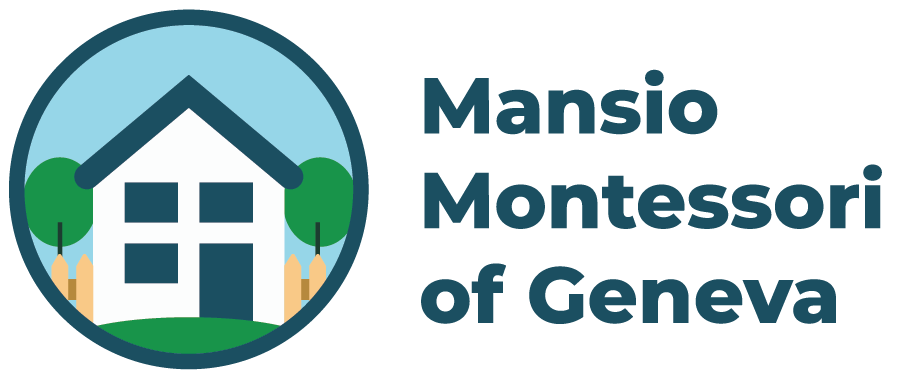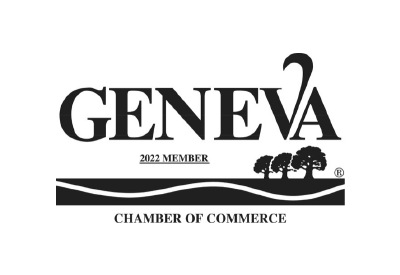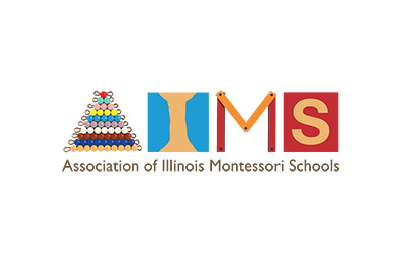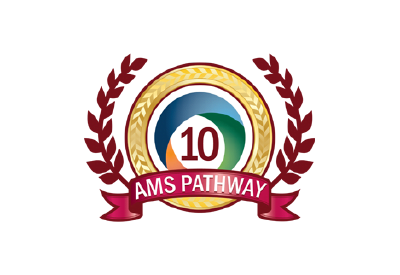A Look at the History of Montessori Education
Share this Article:
Montessori education is more than a teaching method; it is a philosophy that has shaped how children learn for over a century. Rooted in a deep respect for the natural development of the child, the Montessori method nurtures independence, curiosity, and a lifelong love of learning.
Schools like Mansio Montessori of Geneva carry on this tradition by creating carefully prepared environments where children thrive. To understand what makes Montessori education unique, it is important to explore how it began, how it evolved, and why it remains so influential today.
1907 – The Birth of Montessori Education
In 1907, Dr. Maria Montessori opened the first Casa dei Bambini, or “Children’s House,” in a low-income district of Rome. As Italy’s first female physician, Montessori brought a scientific and observational approach to education that was groundbreaking at the time. She was particularly interested in how children learn through interaction with their environment, rather than through direct instruction.
The children in the Casa were given hands-on materials designed to teach concepts like math, language, and practical life skills. Montessori noticed that when children were given the freedom to choose their activities within a structured setting, they became deeply engaged and self-disciplined. Her classroom was peaceful, focused, and driven by the children themselves.
This early success sparked interest among educators and researchers across Europe. The principles developed in that small classroom in Rome would go on to form the foundation of what is now known as the Montessori method. This moment marked the beginning of Montessori history as an international educational movement.
Maria Montessori
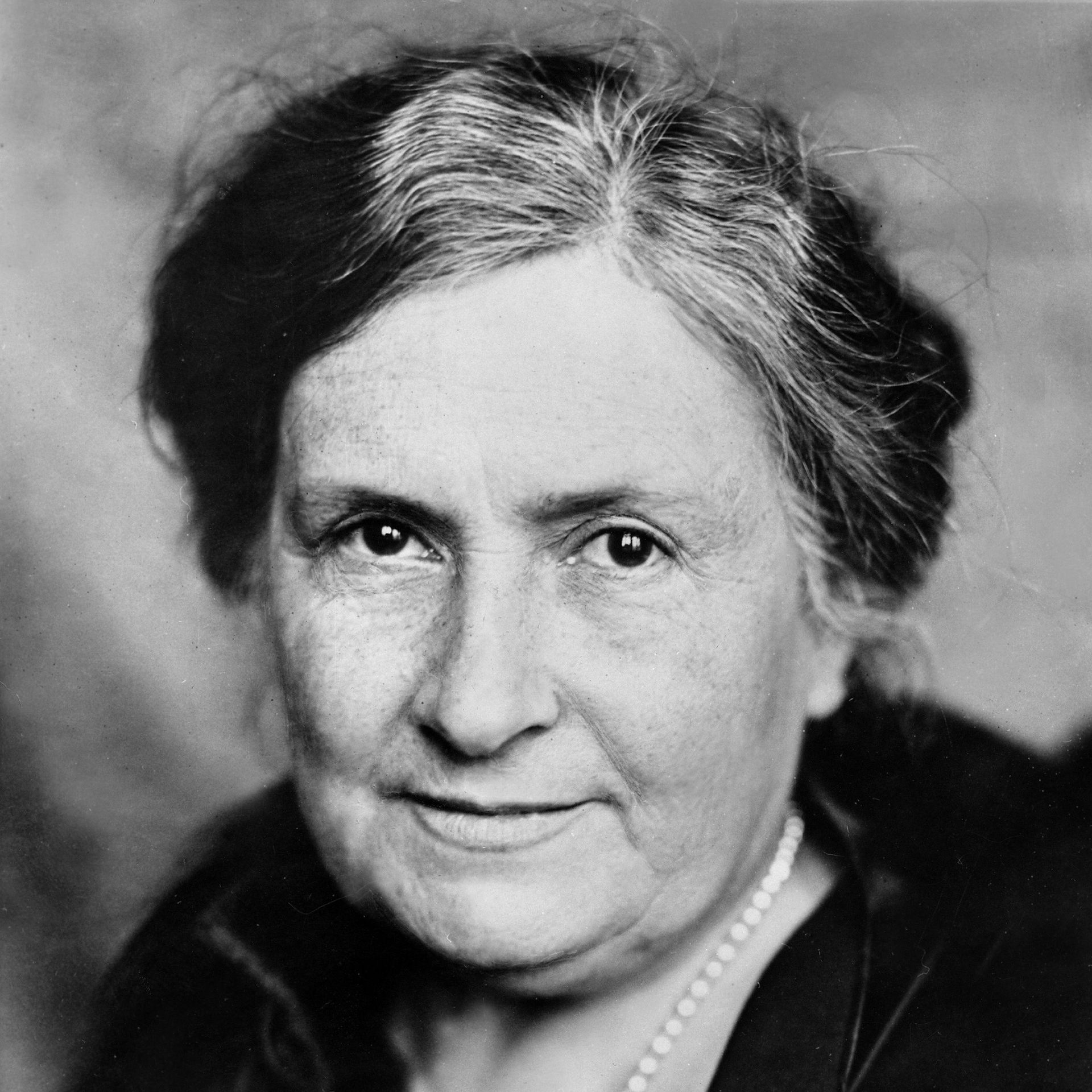
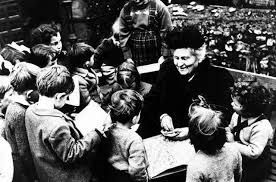
Early 1900s – Montessori in America
Maria Montessori’s educational approach quickly gained international attention, and by 1911, the first Montessori school in the United States opened in Tarrytown, New York. That same year, Dr. Montessori visited the U.S. to speak about her work. Her ideas captivated educators and reformers, including influential figures like Alexander Graham Bell, Thomas Edison, and Helen Parkhurst, many of whom became advocates of the method.
By 1915, Montessori was invited to present at the Panama-Pacific International Exposition in San Francisco. She not only lectured about her philosophy, but also set up a functioning classroom behind glass walls, allowing thousands of visitors to observe the Montessori method in action. This event was a pivotal moment in Montessori history, helping to solidify its presence in American education.
However, the early momentum in the U.S. began to wane by the 1920s. Differing interpretations of Montessori’s methods, lack of teacher training, and resistance from traditional educational institutions led to a decline in interest. Despite this, a small number of schools remained, quietly preserving the original practices until a broader revival would emerge decades later.
1950s & Beyond – Reviving the Montessori Movement
After a period of quiet in the United States, the Montessori method experienced a strong revival in the 1950s. This renewed interest was largely due to the efforts of educator Nancy McCormick Rambusch, who discovered Montessori’s work while studying in Europe. Convinced of its value, she returned to the U.S. and began training teachers and opening new schools based on authentic Montessori principles.
In 1960, Rambusch founded the American Montessori Society (AMS), an organization focused on adapting Montessori education to American culture while staying true to its core philosophy. This helped build a reliable network of teacher training programs, certification standards, and educational materials in the U.S.
The 1960s and 1970s saw a significant expansion of Montessori schools across the country, including private and eventually public programs. Many parents were drawn to Montessori’s focus on independence, hands-on learning, and respect for each child’s individual pace of development.
This era marks an important chapter in Montessori history, as it helped transition the method from a niche concept into a widely respected and enduring educational option in the United States.
Present Day – Montessori Education in the Modern Era
Today, Montessori education is practiced in more than 140 countries and continues to influence early childhood education around the world. Thousands of Montessori schools operate in the United States, ranging from private preschools to public charter programs. While approaches may vary, the core principles established by Maria Montessori remain at the heart of each classroom: independence, hands-on learning, and respect for the child’s natural development.
Modern Montessori classrooms still feature carefully designed materials that promote exploration in math, language, science, culture, and practical life. Mixed-age groupings foster peer learning and leadership, and teachers serve as guides rather than lecturers. This structure encourages confidence, collaboration, and self-motivation. These are skills that serve children well far beyond the early years.
In a time of constant change, many parents find the Montessori approach especially relevant. It emphasizes focus, empathy, and problem-solving, which are qualities that hold lasting value. For families seeking a balanced, child-centered foundation, Montessori education offers a time-tested alternative to more conventional methods.
Visit Mansio Montessori & Discover a Living Legacy
Mansio Montessori of Geneva honors the vision of Maria Montessori through an environment where children from 15 months through kindergarten learn with confidence and joy. Our classrooms are thoughtfully prepared to promote independence, hands-on exploration, and meaningful engagement.
Each child is seen as a capable, curious learner with a natural desire to grow. Our approach encourages confidence, critical thinking, and a true love of learning. The focus is on developing the whole child, equipping them with skills that serve them well beyond the classroom.
If you are exploring educational options, we invite you to schedule a tour. Come experience how the Montessori method continues to shape young minds and build a strong foundation for the future. At Mansio Montessori, your child becomes part of a tradition that has stood the test of time.
